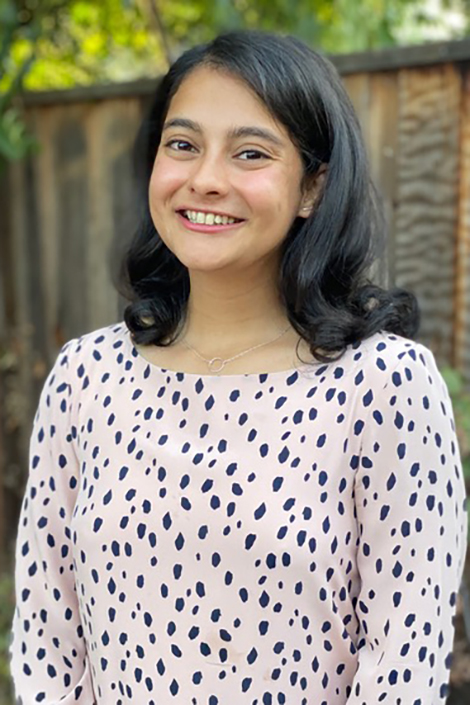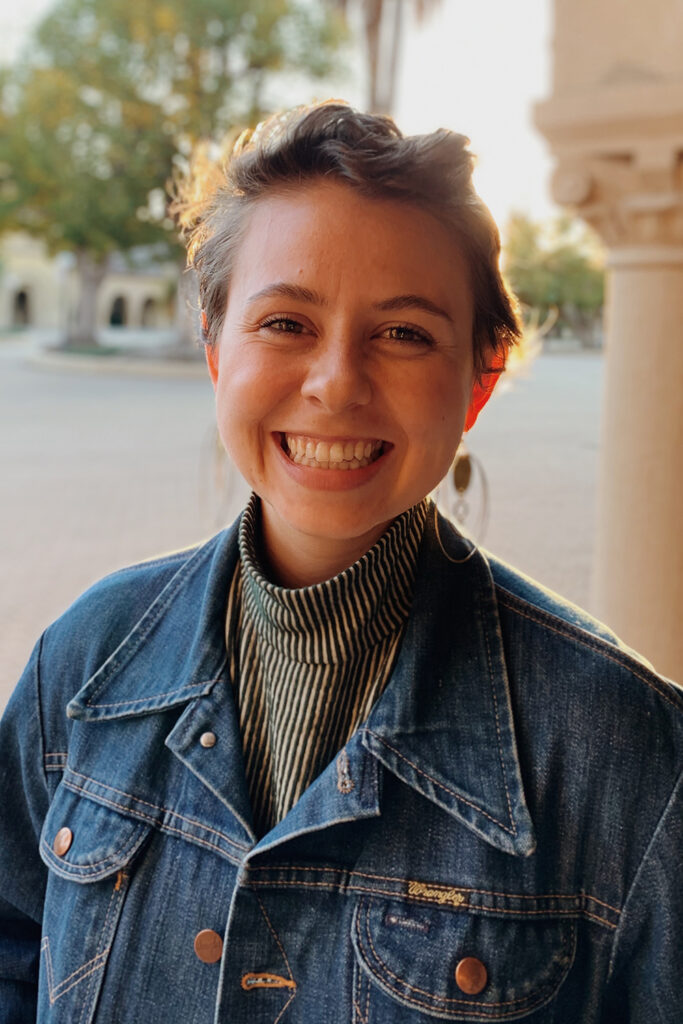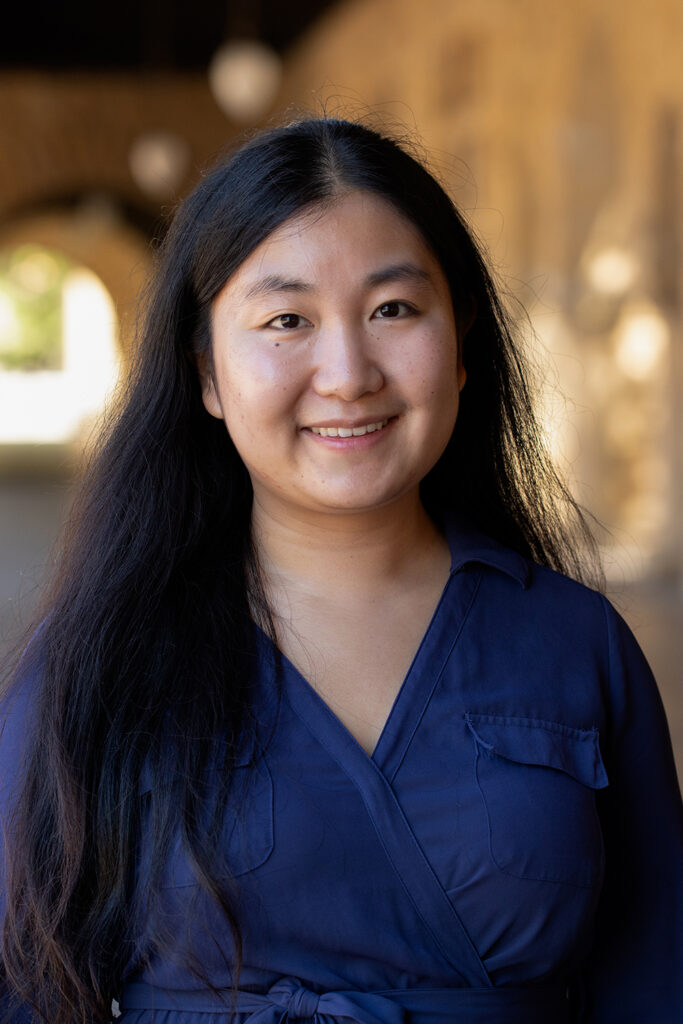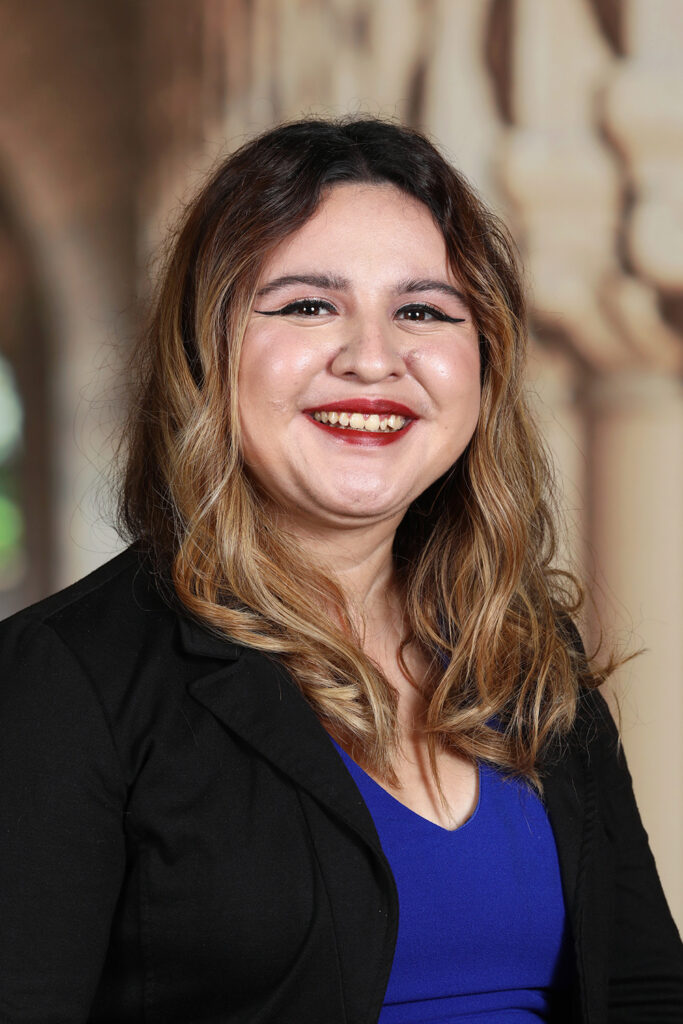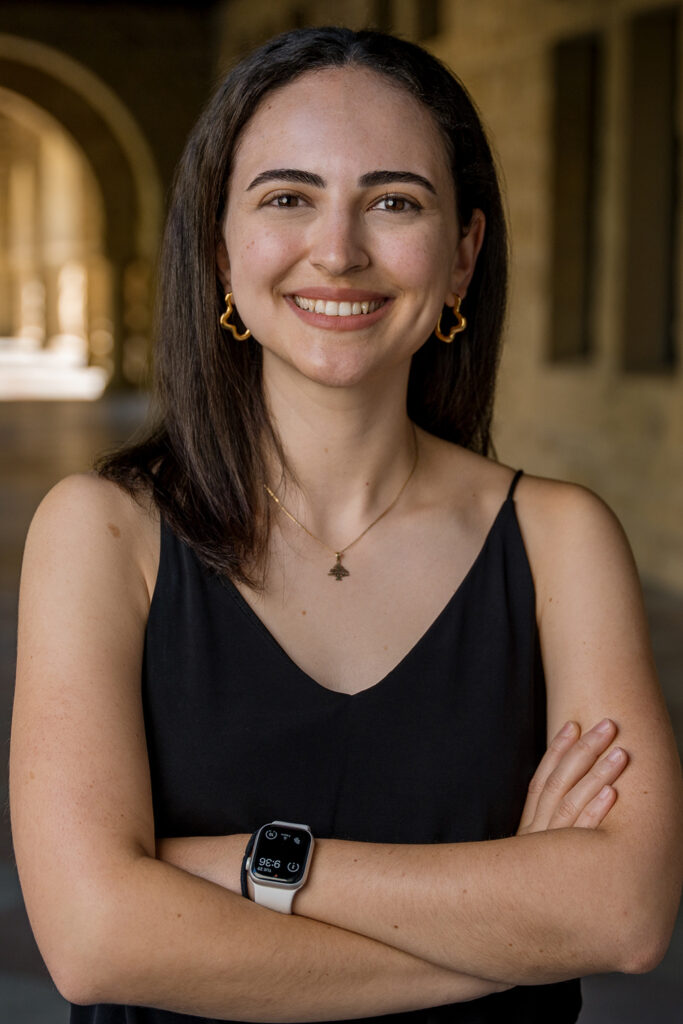RAISE fellows elevate community-engaged research
Meet this year’s RAISE fellows, doctoral students across disciplines who pursue community-engaged work either as part of their research or as a separate project.
Stanford’s Research, Action, and Impact through Strategic Engagement Doctoral program (RAISE), announced in 2021, is a university-wide fellowship supporting doctoral students across disciplines who want to pursue community-engaged work, either as part of their research or as a separate project. Meet this year’s fellows.
History of Education, Graduate School of Education
The city of East Palo Alto has a rich history – and in the face of the looming possibility of gentrification changing its cultural landscape, its residents have created the East Palo Alto Community Archive (EPCA) to preserve its history for future generations.
Wallace, in partnership with EPCA and two local high schools, is using his RAISE fellowship to help local high school students add artifacts, periodicals, and oral histories to the archive.
Working with the Black Student Unions at local high schools, he plans to train students to conduct interviews for oral histories. The students will first interview their parents and grandparents, producing interviews that can be added to the Community Archive’s general collection of oral histories.
Then, this summer, some of the students will have paid internships to conduct oral history interviews with other community members. Through this project, the high school students will develop their historical literacy more broadly, and learn how to do research using archival materials.
“These are transferable skills that can follow these students through the rest of their academic and professional careers,” said Wallace, whose dissertation focuses on the history of Black abolitionist teachers in the early Black education movement in 19th-century California. “It positions them to be historically grounded critical thinkers.”
Epidemiology
Bane entered graduate school hoping to use big data sets and statistical methods to study abortion access and care. When it proved difficult to get the data for this type of study, she instead focused her dissertation research on studying C-sections.
Two years into her doctoral program, she applied for a RAISE fellowship.
“The data set I work on has almost every birth in California – but it is hard to feel the people shining through,” she said. “RAISE was this beautiful synergy of the community impact piece and two things I had put to the side: my interest in abortion and my interest in qualitative work.”
Bane spent last summer working in Visalia, California, with two nonprofits: Planned Parenthood Mar Monte and ACT for Women and Girls. Together, they convened focus groups to find out from community members what unanswered questions they had from their own abortion experiences.
The resulting list of questions will help guide researchers who study reproductive health. Bane and the nonprofits will also provide the participants answers to clinical questions they asked where the answer is already known.
“This work is the building block on which important research can happen,” said Bane, who will graduate in June. “But a project like this might not fit neatly into a dissertation in a quantitative field.”
Chemical Engineering
The fight to stop the spread of mosquito-borne diseases in Kenya has led to a surprising culprit: plastic waste, which provides a breeding ground for mosquitoes.
“How do we stop the spread of these diseases? Let’s remove their main breeding sites,” said Bunke, who is working with the Health + Environmental Research Institute (HERI) in Diani, Kenya.
In many parts of Kenya, however, the main way of dealing with plastic waste is to burn it, which creates toxic fumes and a new set of problems.
Bunke is researching a way to upcycle plastic waste – making water treatment materials from it – that would also help improve public health. Her RAISE project includes this research, as well as co-creating educational materials for HERI on sustainability. She recently helped HERI write an NIH grant application that, if awarded, will help establish a new research center in this area.
On a visit to Kenya last fall, Bunke spoke with community members including farmers, plastic recyclers, and hotel workers about plastic waste. She also took samples from 20 different water sources to begin research on water quality and potential water treatment.
“RAISE gave me time and money to work with a nonprofit that has limited funds,” Bunke said.
Emmett Interdisciplinary Program in Environment and Resources
The Qingdao Marine Conservation Society, an NGO in China, works primarily with natural scientists on marine conservation issues. Fang’s interdisciplinary training has allowed her, as a RAISE fellow, to complement this expertise.
“I use methods from both natural science and social science,” said Fang, whose doctoral research focuses on aquaculture and fisheries management and community-based marine conservation.
For her RAISE project, Fang and the Conservation Society are working with coastal fishing communities on the Yellow Sea to study community self-governance, local marine protected areas, and seahorse conservation. The project provides a scientific foundation for policy reform and guidance for marine resource management.
For example, they have worked to analyze the harvests from small-scale fisheries to determine the ecological health of the ocean. They have held workshops to engage the local communities and are particularly proud to have gotten significant numbers of women to participate.
“Traditionally, it could be very hard to engage fishing communities – the men are out to sea, and many people don’t necessarily work together,” Fang said.
Both Fang and her nonprofit partners hope this is just the beginning of their collaboration.
“We are trying to pave the way for the community to participate in critical fish and coastal habitat projects,” said Songlin Wang, founder of the Conservation Society.
Sociology of Education, Graduate School of Education
Much of the research on how first-generation and low-income students make the transition to college leaves out one crucial ingredient: their families.
“A lot of times parents and families are treated as empty vessels that you can pump a lot of knowledge into – they’re treated almost as a deficit,” said Luqueño, a RAISE fellow whose dissertation on how Latinx families navigate the transition to higher education, will follow between 10 and 20 families through the process.
She is working with Foundation for a College Education (FCE), an East Palo Alto nonprofit that works with students and families on college preparation and success. The program includes monthly meetings and discussion groups for parents, which Luqueño has helped develop into a supportive community.
“A parent comes in and says, ‘I had this awful meeting with a school administrator.’ Often some other parents have navigated either the same school or a similar school,” Luqueño said.
The in-depth discussions with parents have also deepened Luqueño’s research into how families help their children prepare for college. For example, one parent is delaying a move to Southern California so that her daughter can finish high school – and the FCE program.
“These families are putting their children first, even if they’re putting aside other dreams,” Luqueño said.
Electrical Engineering
Mouallem is working with LightHouse, a nonprofit that serves the blind and low-vision community in the Bay Area, to design technology tools that can improve the accessibility of engineering education. Among those tools is an electronic circuit simulator that uses a mix of tactile and digital components to allow blind and low-vision engineering students to collaborate with sighted colleagues.
She spent the past year co-designing the tool with blind researchers and building prototypes of the circuit simulation tool. She then led a team of blind and sighted Stanford researchers in running the Research on Accessible Design (RAD) program, which introduced members of the blind and low-vision community to electrical engineering and involved them in the co-design process of the simulator tool.
“Before RAISE, I did not know the extent to which you could delve deep in understanding human experiences and design for human needs,” Mouallem said. “Now I’m shocked at how many products are released into markets without anyone talking to the communities the products are intended for.”
Read more about her research here.
Earth & Planetary Sciences
Zambia is rich in the minerals needed for the energy transition. But what happens to local communities when mineral exploration companies come calling?
Mantilla Salas examined this question by working on her RAISE project with Zambian Extractive Industries Transparency Initiative (ZEITI), an NGO that works with companies, governments, and communities on transparency in mineral exploration and mining operations. Generally, companies engage a community when they open a mine.
Through workshops and interviews in six communities during a month-long trip to Zambia, Mantilla Salas was able to demonstrate how community members were deeply knowledgeable about mineral exploration in their area, and were invested in how exploration companies could add value to their communities and improve quality of life.
“We found that people know a lot. They know their area pretty well,” Mantilla Salas said. “And they are very open to mining. They need jobs. But they also want more information: who these companies are, how long they’re going to be here, what minerals they are exploring for, if they find something, how the benefits are going to be shared.”
Contrary to popular belief, community members were not opposed to mining point blank; rather, they wanted to be involved in the process, and for companies to take a holistic and respectful approach that acknowledges community impact and institutionalizes community benefit while supporting the energy transition.
“We’re working on a booklet with the maps that we created, and developing step-by-step guidance for community members on how to find all the information that companies are required to share and have approved in order to get their exploration license,” Mantilla Salas said.

